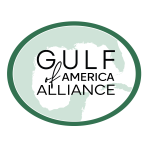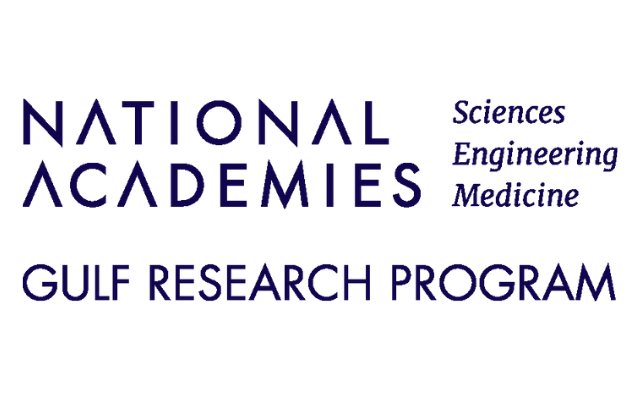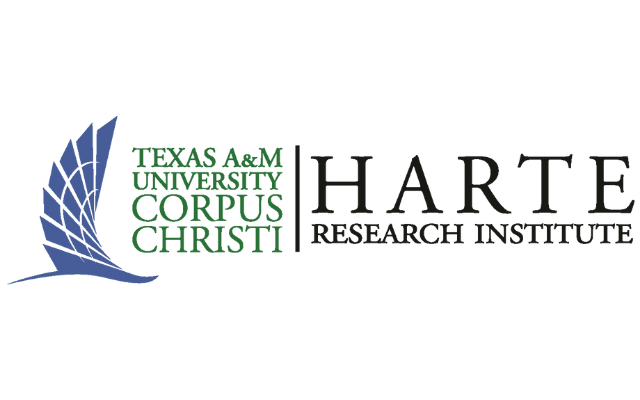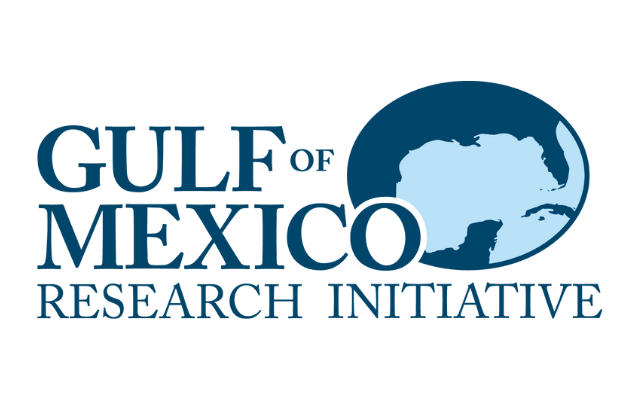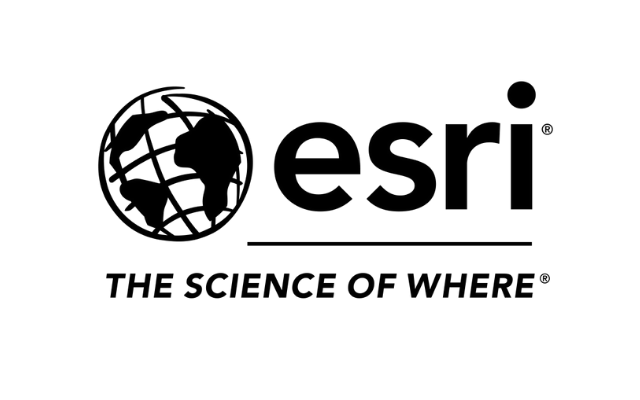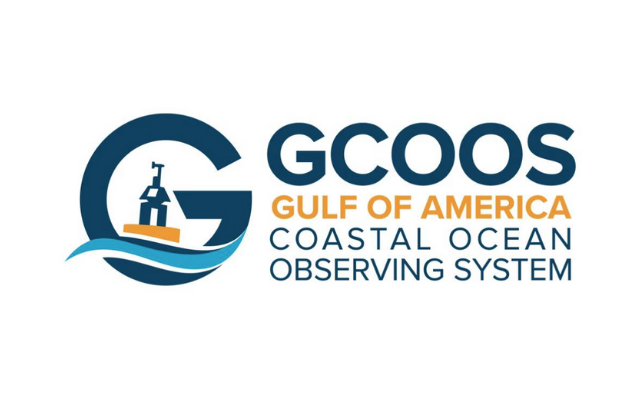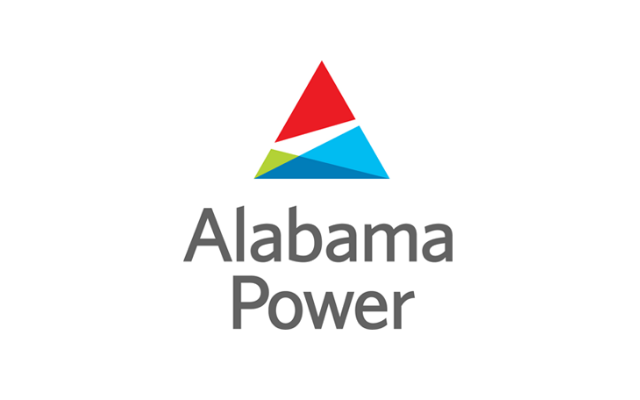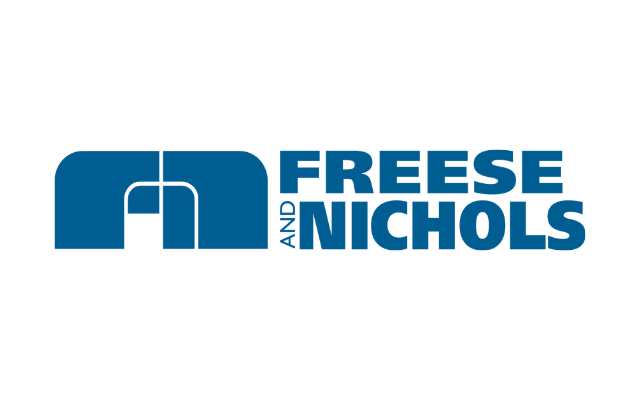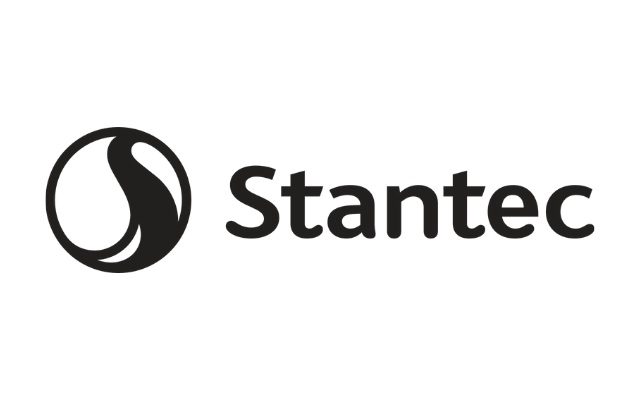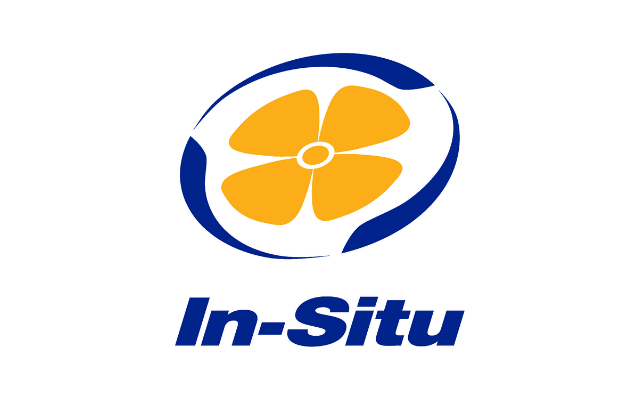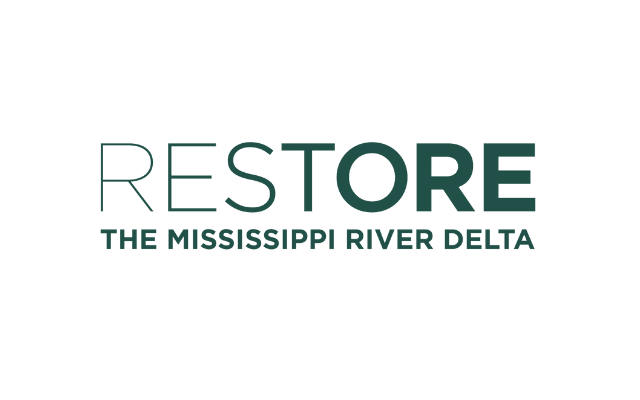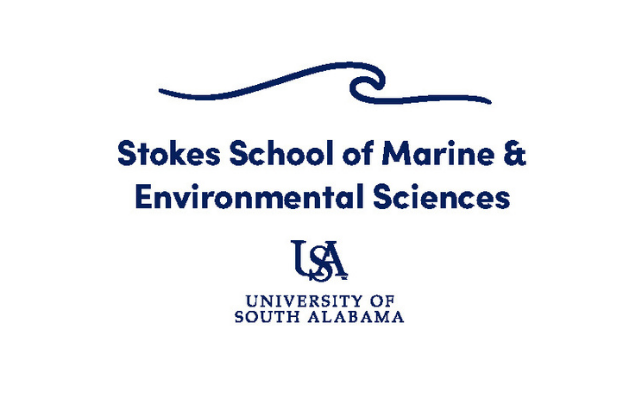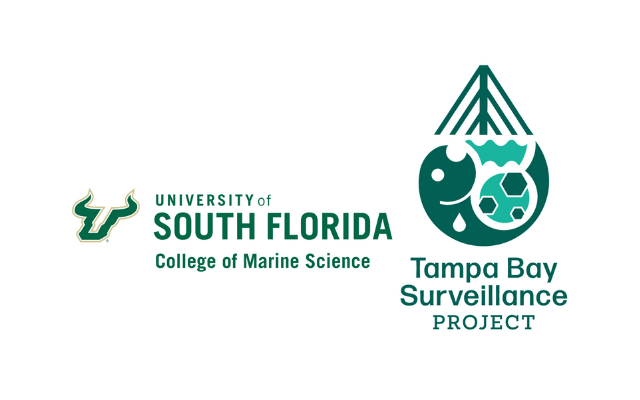Meet us May 4-7, 2026, in Mobile, Alabama, for the next Gulf Conference (#GulfCon).
Held at the Mobile Convention Center, this event will bring together coastal scientists and stakeholders in state and federal government, academia, non-profit, and private sectors to discuss current Gulf research and to help plan for the future of the Gulf. Emphasizing the intersection of science and management, GulfCon will include sessions on themes that are important to ecosystem and community resilience as well as restoration and natural resource management.
The call for sessions and details on the schedule, registration, hotels, and sponsors are listed below.

